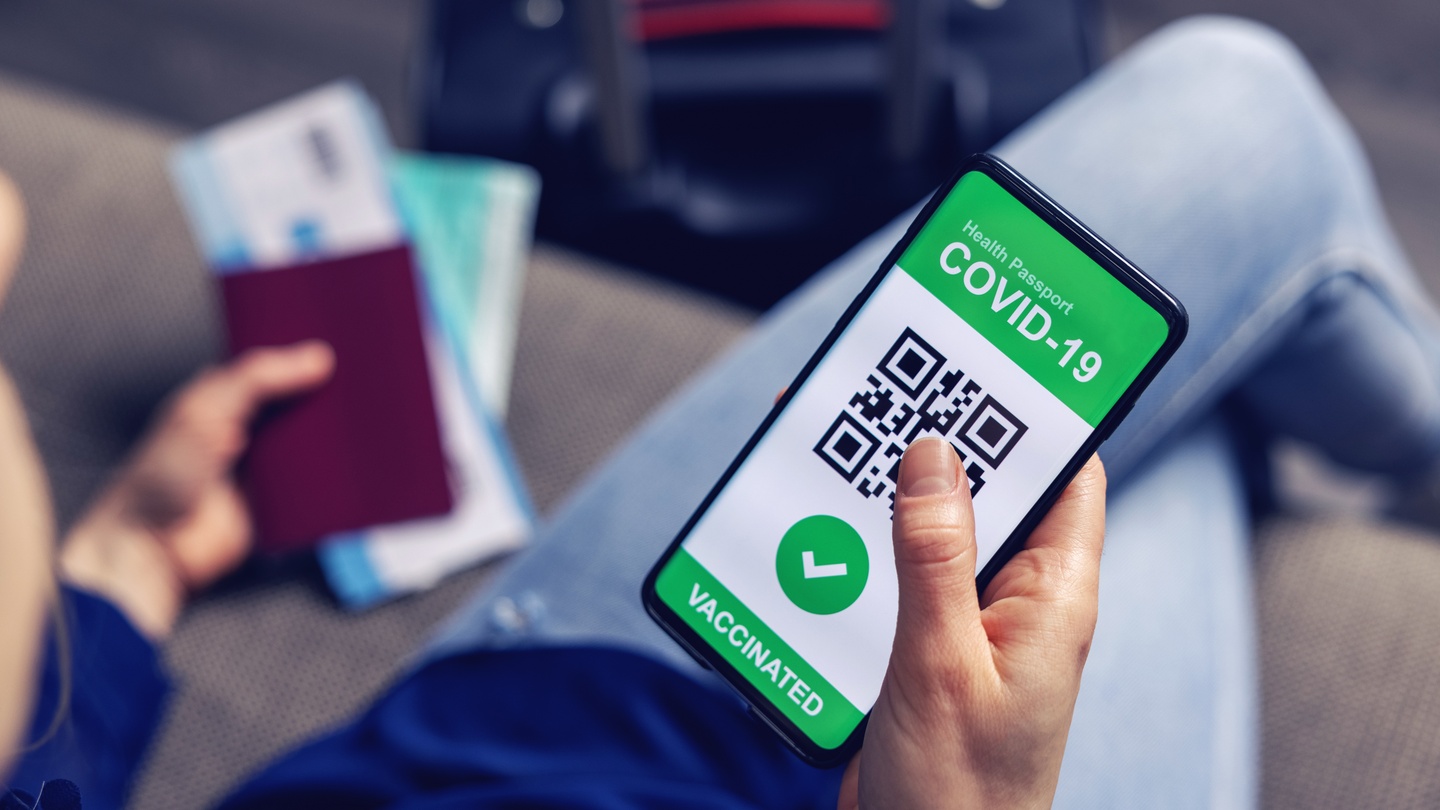This article is reviewed regularly (on a monthly basis) by Wego’s editorial team to ensure that the content is up to date & accurate.
Updated 16 July 2021
The EU member countries are on the verge of restoring freedom of movement with the collective implementation of the EU Digital COVID Certificate. As of late, the digital travel certificate has been officially adopted by 15 European countries with plans of continent-wide deployment by the first of July.
So what exactly is the EUDCC? How will the travel certificate facilitate safe movement within Europe? How can travellers obtain said certificate?
Table of Contents
The EUDCC explained
The travel certificate is essentially a vaccine passport containing information pertaining to a travellers’ COVID-19 credentials, which include vaccination status, latest PCR test result, or a confirmation that the traveller has recently recovered from the disease.
The travel certificate is provided free of charge by national authorities throughout Europe and will be formally recognized by EU countries and other relevant parties. Obtaining the travel certificate means unlocking travel abroad for various purposes whether business or otherwise.
Please note that the EUDCC travel certificate is not a travel document—by itself, it will not be sufficient to allow anyone to travel. Travellers will still require their passports and other types of identification to go on cross-border trips.
How does the travel certificate work?

© irishtimes.com (Image is for illustration purpose only)
Through the EUDCC, all EU citizens who have been vaccinated, tested negative, or have recovered from COVID-19 will be able to acquire a QR code confirming their latest COVID credentials. The QR code also contains a digital stamp guaranteeing the validity and authenticity of the traveller’s COVID credentials.
The travel certificate will grant free movement within the EU in the sense that all holders will not be subjected to testing or quarantine during their travels. The QR code is available in both paper or digital format.
When will the travel certificate be issued?
The EUDCC travel certificate has been fully operational continent-wide since 1 July. All 27 member countries of the EU have established connectivity to the gateway and have started issuing the certificates.
Noteworthy additions to the list are Iceland, Liechtenstein, Norway, and Switzerland. Two countries remain adamant n joining the initiative but must first need to iron out some technical issues. The countries are San Marino and Vatican City.
Who can obtain the travel certificate?
The travel certificate is available only to those who have been vaccinated against COVID-19, those whose latest PCR test turns out negative, and those who have recently recovered from the infection.
Note that the EU-approved vaccines are Pfizer/BioNTech, AstraZeneca/Oxford University, Moderna, and Johnson & Johnson. Tests recognized under the certificate include Nucleic Acid Amplification Test (NAAT) tests, such as RT-PCR tests and rapid antigen tests (RAT).
How to get your travel certificate?
Each EU member countries are responsible for issuing the travel certificate for its citizens through their respective national authorities. Depending on the country, it may be issued by test centers or health authorities, or directly via an eHealth portal.
Travellers may store their travel certificates digitally on their mobile devices, or they may request the paper version. Both formats will have a QR code that contains essential information, as well as a digital signature to make sure the certificate is authentic.
Member States have agreed on a common design that can be used for the electronic and paper versions to facilitate the recognition.













